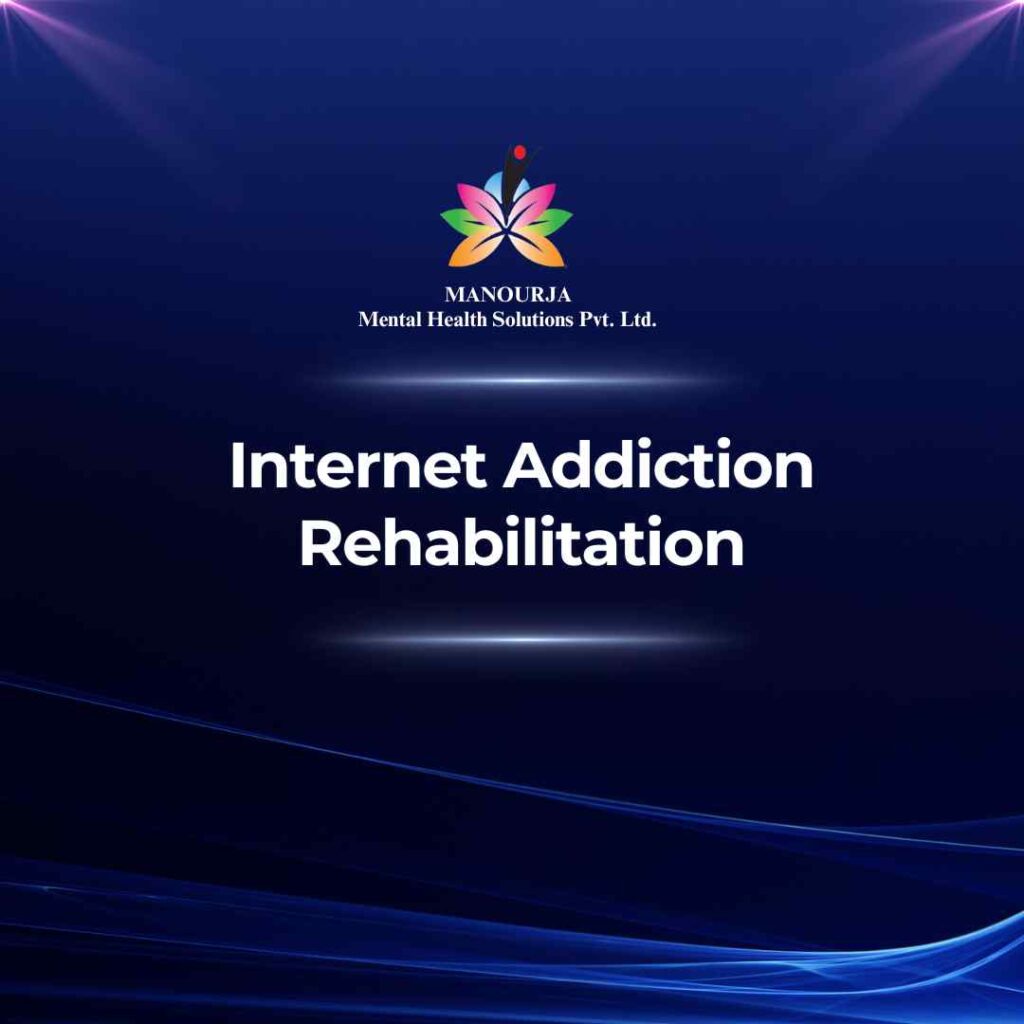Internet Addiction Rehabilitation

Internet Addiction is characterized by excessive or poorly controlled preoccupations, urges, or behaviors of computer use and internet access that results in impairment or distress. Here is a detailed exploration of the signs and symptoms, the need for rehabilitation settings, treatment approaches, and motivational aspects concerning Internet Addiction.
Signs and Symptoms of Internet Addiction
- Excessive Use: Compulsive internet use marked by a loss of sense of time or a neglect of essential tasks.
- Withdrawal: Feelings of anger, tension, or depression when the internet is inaccessible.
- Tolerance: The need to spend increasing amounts of time engaged online to achieve satisfaction.
- Negative Repercussions: Includes arguments, lying, poor achievement in academic or career spheres, social isolation, and fatigue.
- Escape: Using internet to escape from problems or relieve a dysphoric mood.
- Failed Attempts to Control Behavior: Repeated unsuccessful efforts to control, cut back, or stop internet use.
Indicators for Outpatient Psychosocial Rehabilitation (OPD)
- Moderate Severity: The individual experiences symptoms of addiction that are disruptive but still manage to maintain some level of daily functioning.
- Supportive Home Environment: There exists a supportive network at home that can facilitate the recovery process outside of a hospital setting.
- Commitment to Recovery: The individual is committed to attending scheduled therapy sessions and actively engaging in treatment interventions.
Indicators for Inpatient Psychosocial Rehabilitation (IPD)
- Severe Disruption: Internet addiction severely impacts all areas of life, including personal, academic, and professional spheres.
- Co-occurring Disorders: Presence of other mental health disorders such as depression or anxiety, requiring a structured environment for comprehensive care.
- Lack of Supportive Environment: Inadequate support at home to facilitate recovery, necessitating a controlled environment to break the cycle of addiction.
Factors Influencing the Decision
- Severity of the Addiction: The impact on daily functioning and the individual’s mental health.
- Presence of Co-occurring Mental Health Issues: Additional psychiatric conditions might require more intensive, supervised treatment.
- Social Support: Availability and effectiveness of a support system that can encourage adherence to outpatient treatment programs.
How Psychosocial Rehabilitation Aids in Treating Internet Addiction
Psychosocial rehabilitation provides structured therapy aimed at reducing internet usage, developing healthier lifestyle patterns, improving emotional and psychological well-being, and restoring normal social functioning.
Techniques and Approaches Utilized at MANOURJA
- Cognitive Behavioral Therapy (CBT): Focuses on identifying and altering negative thoughts and behaviors associated with internet addiction.
- Group Therapy: Offers peer support and enables the sharing of experiences and strategies for overcoming addiction.
- Motivational Interviewing: Enhances motivation to change behavior and develop a healthier relationship with technology.
- Family Therapy: Involves family members in the treatment process to improve communication and address issues that contribute to the addiction.
- Digital Detox: Structured periods of reduced or no internet use to decrease dependency.
Steps Followed at MANOURJA for Rehabilitation
- Comprehensive Assessment: Evaluates the severity of addiction, associated behaviors, and co-occurring mental health conditions.
- Personalized Treatment Plan: Develops tailored strategies focusing on individual needs.
- Implementation of Treatment: Engages the individual in various therapeutic activities and monitors progress.
- Regular Monitoring and Adjustment: Adapts the treatment plan based on the individual’s progress and any new challenges.
- Relapse Prevention and Aftercare: Prepares the individual for gradual reintegration into daily life with strategies to maintain long-term recovery.
“Reconnect with life beyond the screen; every moment offline is a step towards your real dreams.”
